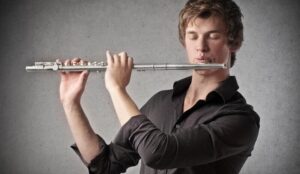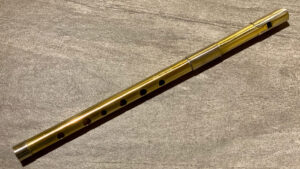
Ears are the most important tool in Voice lessons. They are the organ that transduces sound from vibrations, and are responsible for everything from hearing to expression. It is essential to be an educated listener in order to be a well-rounded musician. Here are the benefits of ear training in Voice Lessons:
Learning songs
The most obvious way to utilize your ears is for song learning. The best way to memorize a song is through repetition and listening. When you are able to hear a song and know its structure, then you can master it. Listening to music is also beneficial because it ignites creativity. Music has a correlation to harmony, meaning that when you listen to music your mind automatically tries to put chords together in relation to the melody. If you practice singing songs through listening, you will be able to identify more notes without the use of sheet music and therefore increasing your ability as a musician.
Hearing/recognizing intervals

Intervals are the integral part of music, and they form the core of harmony. Intervals are the pitches between two notes that can either be melodic or harmonic. For example, if you play a C and then another note half a step above it, you have created an interval of a Fifth. Hearing intervals is good because you can hear what notes go into a chord before it is played- this is important for improvisation, as well as planning complex melodies.
Tone quality
Another factor of hearing is the tone quality. Tone quality occurs when a note is played in a different way than you think it will sound, such as when changing the wrist position of your hand. Unusual techniques help foster hearing skills, as is the case with students who practice singing scales up and down. With every new “sound” that you hear from your ears, there comes a new perception to how it should be sung or played on an instrument.
Limiting your sound
In order to control your voice, you must be able to accurately hear it. Because ears are the primary control on volume, tone quality and pitch, then you need to use your ears to control all three of these factors. Your ears will determine the key you sing in and with more accurate hearing, your ear training will become better. By accurately hearing little things you can produce a better sound than someone who only listens with half-hearted concentration.















